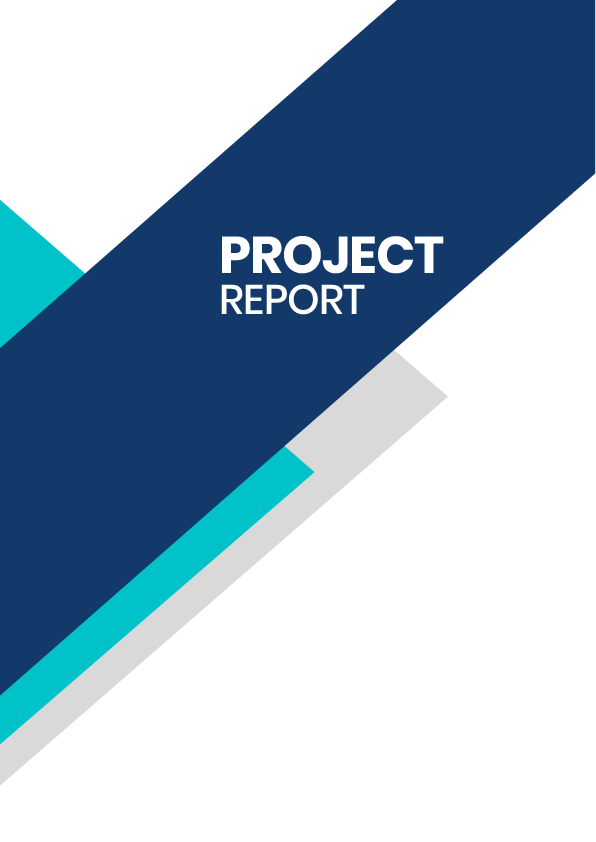Related Keywords
- Business Process Hub
- Call Support Center
- Outsourcing Solutions Unit
- Customer Care Studio
- बीपीओ केंद्र
- व्यवसाय प्रक्रिया आउटसोर्सिंग
Who Can Start a BPO Center?
- IT Professionals: People with experience in information technology understand the systems needed. Their technical knowledge helps in setting up the required infrastructure.
- Customer Service Managers: Those with call center or customer support background know operations well. Their experience helps in training staff and managing workflows.
- Corporate Executives: Professionals from large companies bring management expertise. Their business connections can help secure initial clients.
- Entrepreneurs with Capital: People with significant investment funds can hire experts to run operations. Their financial backing enables proper setup and staffing.
- Former BPO Employees: People who worked in BPO centers understand the business from inside. Their practical experience helps avoid common pitfalls.
- Sales Professionals: Those with strong client acquisition skills can secure contracts. Their ability to pitch services helps in building a client base.
- International Business Specialists: Those familiar with offshore operations understand global markets. Their knowledge helps in targeting international clients.
What are the Different Advantages that can be Achieved by Starting a BPO Center?
- Scalable Business Model: BPO centers can grow from small operations to large enterprises. You can start with a few workstations and expand as the client base increases.
- 24/7 Revenue Generation: With shifts covering different time zones, operations can run continuously. This maximizes facility usage and equipment investment.
- Low Entry Barriers: Basic BPO services require minimal specialized equipment to begin. Standard computers, phones, and internet connections are often sufficient for startup.
- Global Client Potential: You can serve businesses worldwide, not just local markets. This expands your potential customer base significantly.
- Diverse Service Offerings: You can provide customer service, technical support, data entry, or specialized services. This diversity protects against downturn in any single sector.
- Stable Contract Income: Most BPO clients sign long-term service agreements. These contracts provide predictable revenue streams for business planning.
- High Employment Generation: BPO centers create many jobs with various skill levels. This brings positive community impact and government support.
- Expertise Development: Staff become specialists in client industries over time. This growing expertise becomes a valuable business asset.
- Multiple Exit Strategies: Successful BPO centers attract buyout offers from larger companies. This provides good exit options for founders.
- Technology Leverage: Automation and software tools can increase productivity and service quality. These improvements help win and retain clients.
Where Can You Get the Best Project Report for BPO Centers?
Need Help?
Please send a WhatsApp message to us, and our team of experts will guide you in creating a project report for bank loan.
How Finline Helps You Create a Perfect Project Report
1. Enter basic details
Simple questions about your assets and expenses.
2. Auto-calculate cost & projections
Our intelligent software calculates all financials automatically.
3. Download bank-ready PDF
Get a professional PDF report formatted for bank submission.
4. Submit for loan
Download and submit your report to banks for loan approval.
Why finline is better than competitors
- Unlimited edits
- Unlimited downloads
- Up to 10 years of projections
- Automated calculations
- Complete in 10 minutes
- No finance expertise needed
- Instant PDF generation
- Industry-specific projections
- Error-free financial statements

Frequently asked questions
Everything you need to know about the product and billing.
Finline is an online tool for creating a project report for bank loan online and see the report for free online. You only need to pay for downloading the report.
Can I change my plan later?
Yes , ofcourse you can upgrade from a lite plan to a pro at anytime.
Can I edit the report after download ? is it chargeable?
You can do unlimited edits even after download without any extra payment.
What is the ‘lite’ and ‘pro’ plan ? Is it subscription based plans?
Lite and Pro are just individual report download plans , not subscription plans.
Do I require a CA seal & Stamp for getting a loan?
Not at all, project report is a business plan about your business and it should be prepared by an entrepreneur . Nobody can predict and certify a business which is going to happen in the future.
Can I get any assistance from your team?
Yes of course, you can go to the help section in all pages were you can find chat button for seeking support.
Can I get a project report format for bank loan through Finline?
Yes! Finline provides a ready-to-use project report format for bank loan. You can create it online, see it for free, and download it instantly for your loan application. This makes your project report format for loan easy to complete in just a few steps.
Do you provide a project report format for bank loan in excel?
Yes. Finline offers a project report format for bank loan in excel that is easy to edit and customize. You can also download a project report format for loan in excel if you prefer working offline.
